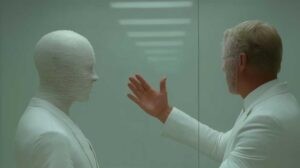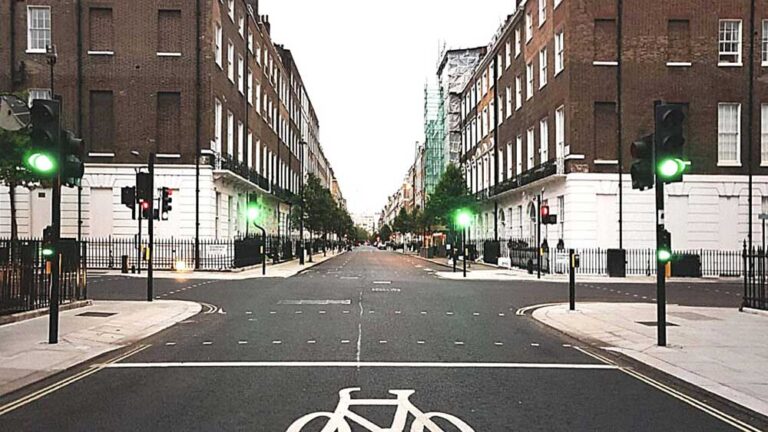
I believe in happiness, stating that it is superior to unhappiness. To defend my position, I present extensive scientific research that proves this exact point. For example, happy people are, on average, healthier, wealthier, more social, creative, intelligent, productive, and overall better human beings compared to their unhappiness counterparts.
Based on these findings, I concluded that we should optimize for happiness, disregarding any and all advice that states that unhappiness is good and happiness is bad for us. For example, we could state that being angry can be advantageous, as people can act in a way we want them to if only we get angry at them.
However, everyone pays for negative emotions, including ourselves. We feel bad because we have these emotions, and others feel bad because someone has screamed at them. Furthermore, we lose the already mentioned benefits of positive emotions, such as improved health, wealth, and productivity. Finally, our anger is rarely a one-off event, as in order to get angry, we have to already have a propensity for anger, which means that we are already likely to be somewhat negative in our lives.
However, disregarding for a moment the next logical question which is “how to be happier?”, today I want to completely flip the script and say that in theory, there is no real difference between right and wrong, good and bad, happiness and unhappiness, more and less, better and worse, etc. In reality, as far as the universe is concerned, these differences are meaningless and created by human beings to make sense of our environment.
For example, losing something is not necessarily bad, as the world is constantly changing. As Heraclitus said, “No man ever steps in the same river twice.” In other words, we and everything in the world are always changing. Holding onto ideals, beliefs, health, relationships, or material possessions is ultimately futile, as we will inevitably lose them. Yet people often cling to these things and feel bad for extended periods when they are gone, questioning why it happened, when in reality, change is unavoidable.
Additionally, decay is inherently good, as it forces us to continuously grow. So, if we know we will lose something eventually, we can appreciate it while it lasts and develop a different relationship with it, no longer taking it for granted.
Additionally, this knowledge puts things into perspective. Being open to losing something means that we are constantly working to produce something even better in its place. While this logic may not be universally applicable, such as in the case of loving relationships which are irreplaceable, we can still prepare ourselves to lose others. This can be achieved by always making new relationships, so if one of them is gone, we have someone else to support us.
The same can be said about our favorite cup, which will eventually break. So instead of holding onto it as if it were a dear life, we have a second cup ready to go, or at least we know what to do if the first one breaks (e.g., go shopping).
In this way, we shouldn’t necessarily become overwhelmed with sadness when life is unkind to us, because it was inevitable from the start. Instead, we should work with what we have and make the best of our circumstances, always striving to improve our situation, as stagnation just leads to decline, as we need to regularly build or replace what life takes, since it will eventually take something from us.
I don’t mean to be harsh and I’m just being realistic. Good and bad things will happen to us; it’s a mathematical certainty. It’s only a matter of time before something happens, so rather than living in denial or regret, let’s prepare ourselves for what’s to come, as there will also be good things, which is another mathematical certainty.
So, when one door closes, another opens. In loss, there is an opportunity to learn, grow, and change, even if these things may not initially be desired. At the very least, we learn that change and loss are necessary and unavoidable aspects of life. We can learn to accept them, prepare for them, and eventually even look forward to them.
In other words, all negativity contains a positive element. This realization is a complete 360 degree mind blow shift in thinking towards Optimal Happiness, as we can always find something positive even in the most negative situations of life.
Let’s forget about right and wrong, good and bad, happiness and unhappiness, etc. Instead, let’s embrace the negativity of life as a sort of rough massage that might be unpleasant at times but is entirely necessary. If we can ease into it, we’ll realize that it is just as important and necessary as looking forward to positive things in life.















